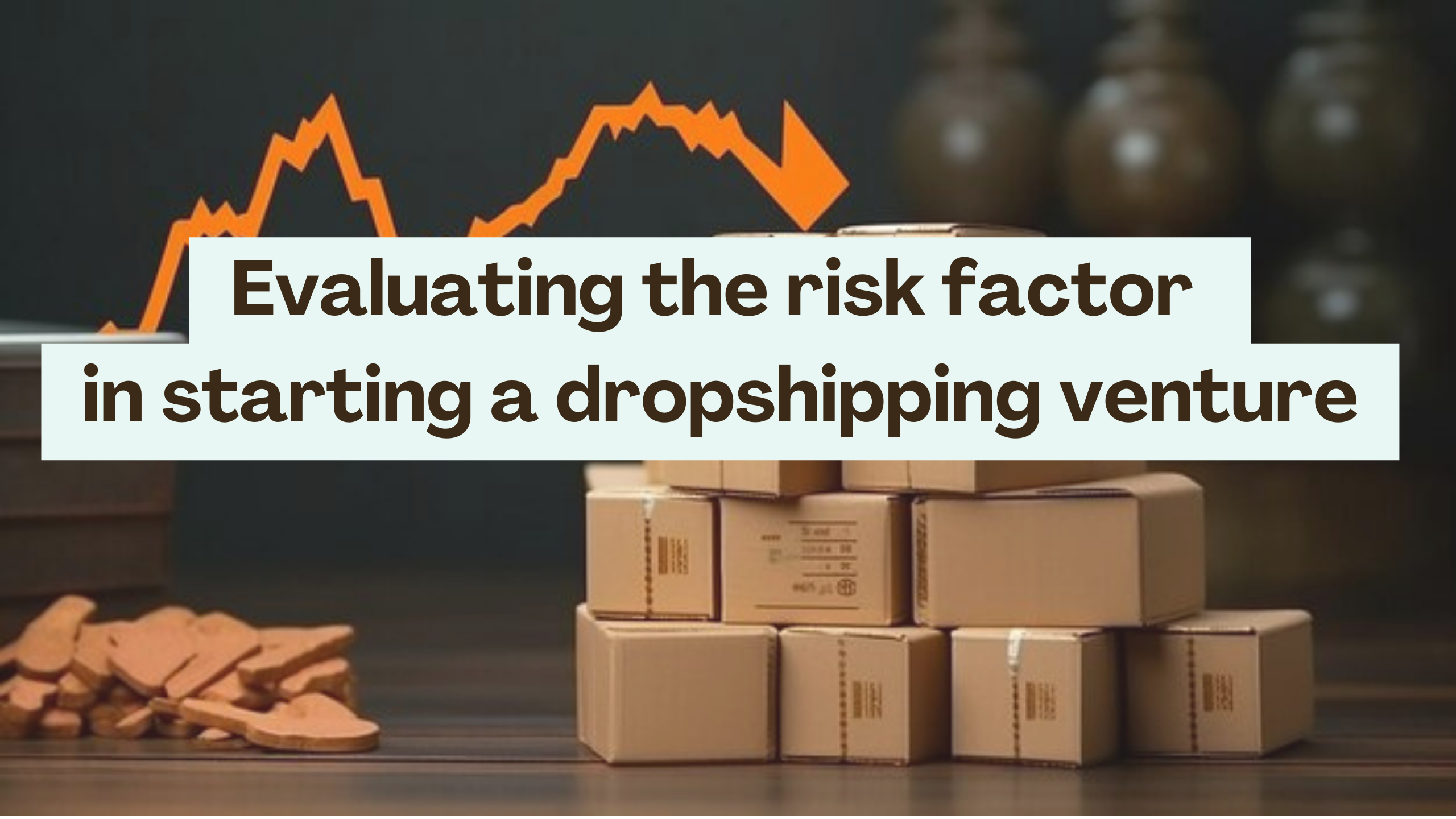Evaluating the risk factor in starting a dropshipping venture


Evaluating the Risk Factor in Starting a Dropshipping Venture
Embarking on a dropshipping venture can be an exciting yet daunting prospect. As you delve into the world of e-commerce, it’s crucial to assess the risk factors associated with dropshipping. This article will guide you through evaluating these risks and introduce relevant SaaS tools to help mitigate challenges.
Understanding the Risk Landscape
Is Dropshipping Considered High Risk?
Dropshipping, while a popular business model, comes with inherent risks. Understanding and evaluating these risks is pivotal to making informed decisions as you start your venture. Some common risks include:
- Supplier Reliability: Dependence on third-party suppliers can lead to issues such as delays, product quality variations, or sudden unavailability.
- Inventory Management: Lack of control over inventory can result in overselling, stockouts, and customer dissatisfaction.
- Profit Margins: Thin profit margins are common in dropshipping, making it crucial to manage expenses effectively.
- Customer Service Challenges: Dealing with customer inquiries, returns, and disputes can be challenging when you don’t physically handle the products.
- Market Saturation: The competitive nature of dropshipping markets can lead to saturation, making it harder to stand out.
Mitigating Risks with SaaS Solutions
To navigate the risks associated with dropshipping, consider integrating the following SaaS products into your business model:
1. Inventory Source
Inventory Source automates inventory and order management, helping you avoid stockouts and maintain efficient operations.
2. Oberlo
Oberlo, a Shopify app, streamlines product imports and order fulfillment, enhancing your control over inventory and reducing the risk of overselling.
3. Shopify
As a comprehensive e-commerce platform, Shopify provides tools for managing products, orders, and customer interactions, contributing to a more secure and organized dropshipping operation.
4. Zendesk
Zendesk offers customer support solutions, allowing you to manage inquiries, complaints, and returns efficiently.
5. Trustpilot
Building trust is crucial in dropshipping. Trustpilot helps collect and showcase customer reviews, enhancing your reputation.
Conclusion
In the dynamic landscape of dropshipping, assessing and mitigating risks is a continuous process. By understanding the challenges and incorporating tools like Inventory Source, Oberlo, Shopify, Zendesk, and Trustpilot, you can fortify your dropshipping venture and increase the likelihood of success.
Boosting Your Dropshipping Experience Through Subscribed.FYI
Subscribed.FYI plays a crucial role in managing the SaaS stack for your dropshipping business. By centralizing information, comparing tools, and providing insights into pricing and reviews, Subscribed.FYI empowers you to make informed decisions. Sign up for free today and unlock exclusive deals, saving you up to $100,000+ per year on essential SaaS tools.
List of Relevant Links:





